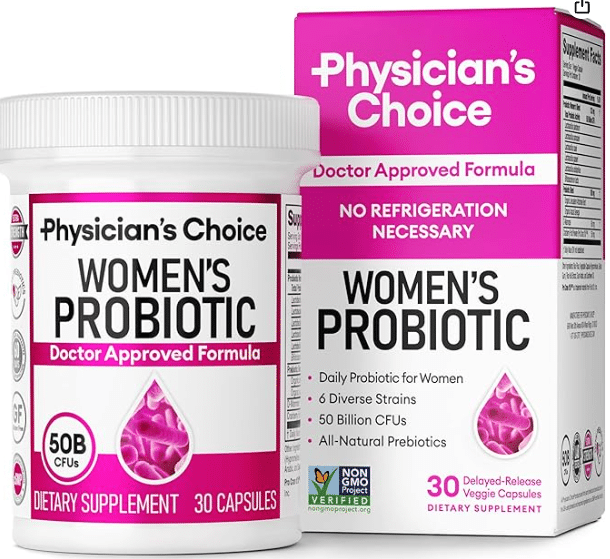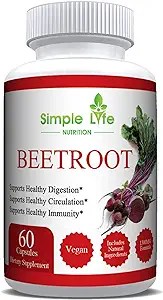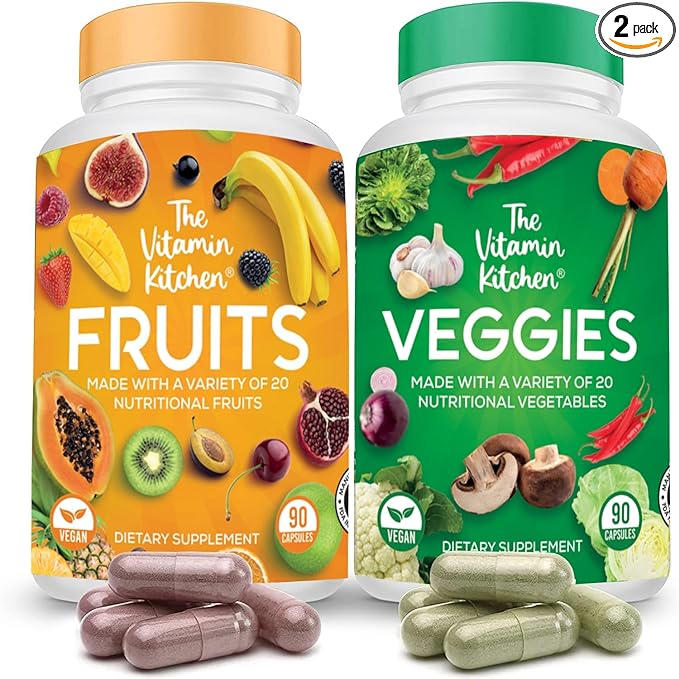There are more vitamin supplements on the market than we can count. Truth is many people don’t get the nutrition they need — for a variety of reasons, including:
-
Nutrient Deficiencies: I had an iron deficiency when I was a kid, and my older brother said it was an irony deficiency. Many people have a vitamin D deficiency, and no amount of fatty fish, cod liver oil, or sunlight can solve it.
-
Dietary Restrictions: Vegans often have problems getting the right amount of nutrients, same with anyone who has food allergies. My friend Katie is allergic to everything — except red wine.
-
Pregnancy and Lactation: Pregnant and breastfeeding women are eating for two (sometimes three!), and therefore have increased nutrient needs that globs of ice cream can’t accommodate. Supplements such as folic acid and iron are often recommended to support a healthy pregnancy.
-
Advancing age: One sign of aging is that our bodies become less efficient at absorbing certain nutrients. And another sign is binging on reruns of My Three Sons. Fred MacMurray was great, wasn’t he?
Physician’s Choice — Probiotics
Some of us don’t have nutritional issues, but just want to feel better. Thats’ where the best vitamin supplements supplement can be useful. But remember, not all supplements are created equal. Here are some things to be mindful of when considering taking vitamin supplements:
-
Have they been tested? Choose high-quality supplements that have been tested by a third-party such as the United States Pharmacopeia (USP) or ConsumerLab.com.
-
What’s the right dose? Too much of anything can be harmful — certain vitamins and minerals included, along with icing for cupcakes! High doses of vitamin A can cause liver damage, for example, and iron intake can frequently get overloaded. Follow recommended dosages and consult with your doctor before adding supplements to your diet.
-
Are whole foods a better option? It’s best to get your nutrients from whole foods, they have beneficial compounds that contain fiber, antioxidants and anti-inflammatories that you don’t often find in supplements. A balanced diet of fruits, vegetables, whole grains, lean proteins, and healthy fats is the foundation of good health.
Nutreb — Antioxidants
Nutreb’s Berberine, enriched with BioPerine, boosts 5X higher absorption compared to regular berberine supplement for faster health benefits. Customers are responding to how the Berberine gets absorbed. They use BioPerine, a black pepper extract that helps your body take in more of the nutrients. It aids the immune system and maintains metabolic health.
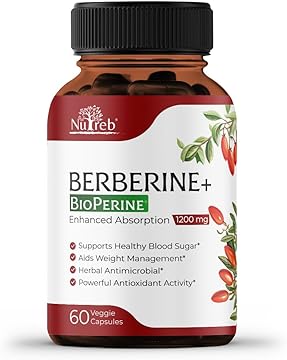
Dr. Vitamin Solutions — Omega-3
There are as many fish oil supplements as there are…fish in the sea. Antarctic Krill Oil has essential omega-3 fatty acids and astaxanthin. The krill oil is sourced from Antarctica, and somehow is free from the fishy aftertaste commonly associated with fish oil capsules. It offers joint support, enhanced cognitive function, and antioxidant protection.
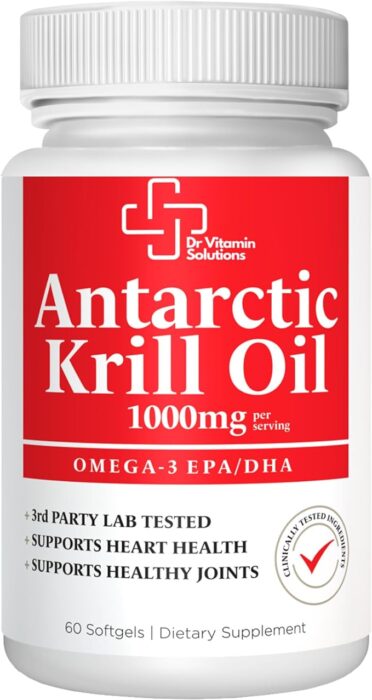
Magnesium is important for muscle and nerve function, as well as bone health.
Iron is a key ingredient in preventing anemia and ensuring that oxygen is transported throughout the body. Iron is esecially important for people with dietary restrictions.
Probiotics, found in yogurt, promote a healthy gut microbiome, aiding digestion and supporting immune function.
Coenzyme Q10 (CoQ10) is essential for cellular energy production, while zinc plays a pivotal role in immune response and wound healing. Collagen supplements support skin elasticity and joint health.
Vitamin K is an important player in bone metabolism. Green tea extract is rich in antioxidants, and has been associated with improved brain function and fat loss.
Vitamin supplements can help address nutrient deficiencies. But use them judiciously, follow recommended dosages, and try to establish a balanced diet that includes a variety of whole foods.
Consult with a healthcare provider or registered dietitian who can help determine if supplements are appropriate for you and which ones can help.
The Vitamin Kitchen — Vitamin C
Here’s a way to get your veggies without the hassle of actually eating them. The Vitamin Kitchen fruit and vegetables supplement has a blend of fruits including aloe vera, banana, raspberry, pineapple, and apple extract, among others, while the vegetable supplement is made with carrot, celery, radish, parsley extract and other greens and reds.
Keto and vegan friendly, and formulated with whole natural food extracts with no unnecessary additives, fillers, or preservatives.




